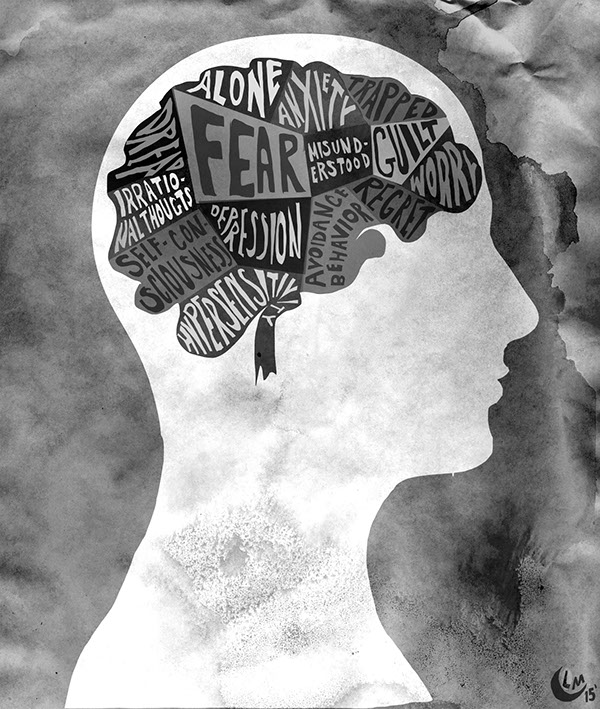Anxiety Symptoms and Solutions
1. What is anxiety?
Anxiety is a natural response to stress, characterized by feelings of fear, worry, and unease. It can be a normal part of life, but when it becomes excessive or uncontrollable, it may indicate an anxiety disorder.
2. What are the common symptoms of anxiety?
Common symptoms of anxiety include restlessness, irritability, difficulty concentrating, muscle tension, racing thoughts, sleep disturbances, and panic attacks.
3. How can I manage my anxiety?
There are several effective strategies to manage anxiety. These include practicing relaxation techniques such as deep breathing exercises or meditation, engaging in regular physical exercise, getting enough sleep, avoiding caffeine and alcohol, and seeking support from friends or professionals.
4. Are there any natural remedies for anxiety?
Yes, there are natural remedies that may help alleviate anxiety symptoms. Some popular options include herbal supplements like chamomile or lavender tea, aromatherapy with essential oils like lavender or bergamot oil, and incorporating stress-reducing activities into your daily routine such as yoga or tai chi.
5. When should I seek professional help for my anxiety?
If your anxiety significantly interferes with your daily life or causes distress for an extended period of time (more than a few weeks), it's important to seek professional help. A mental health professional can provide you with an accurate diagnosis and recommend appropriate treatment options.
6. What are the available treatment options for anxiety disorders?
Treatment options for anxiety disorders may include therapy (such as cognitive-behavioral therapy), medication (such as selective serotonin reuptake inhibitors), or a combination of both. It's crucial to consult with a healthcare professional to determine the best approach for your specific needs.
7. Can lifestyle changes help reduce anxiety?
Yes! Making certain lifestyle changes can have a positive impact on reducing anxiety levels. These changes may include adopting a healthy diet rich in fruits, vegetables, and whole grains, practicing regular exercise, getting enough sleep, limiting caffeine intake, and engaging in stress-reducing activities like mindfulness or hobbies.
8. How can I support someone with anxiety?
Supporting someone with anxiety involves being understanding and empathetic. Encourage open communication, listen without judgment, offer reassurance, and help them seek professional help if needed. Educate yourself about anxiety to better understand their experiences and be patient as recovery takes time.
Remember that everyone's experience with anxiety is unique, so it's essential to tailor solutions to individual needs. If you or someone you know is struggling with anxiety, reach out for help and remember that there are effective strategies and treatments available to manage this condition.

